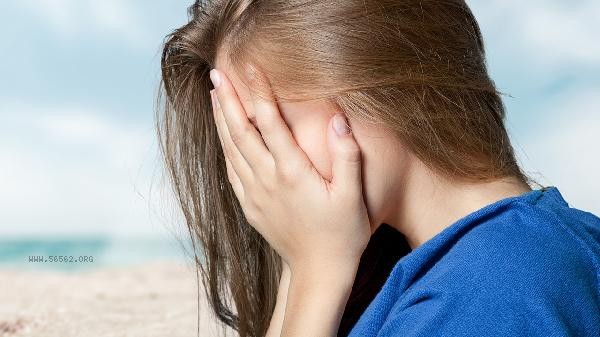Emotional disorders can be comprehensively intervened through psychological therapy, medication therapy, lifestyle adjustment, social support intervention, and physical therapy. Emotional disorders are often associated with genetic factors, neurotransmitter imbalances, stress events, chronic diseases, or personality traits, and require individualized planning.

1. Psychotherapy
Cognitive behavioral therapy is a core means of improving emotional disorders by identifying and correcting negative thinking patterns to alleviate symptoms. interpersonal therapy focuses on adjusting conflicts in social interactions, while mindfulness therapy helps patients accept current experiences. Psychological therapy requires a professional physician to develop a plan, which usually needs to be repeated multiple times to show results. Group therapy has an additional improvement effect on emotional problems caused by social anxiety or loneliness.
2. Drug therapy
Fluoxetine hydrochloride can regulate serotonin levels to alleviate depressive symptoms, escitalopram oxalate is effective in treating generalized anxiety disorder, and quetiapine is commonly used for stable phase treatment of bipolar disorder. Medications should be used strictly according to medical advice and avoid self adjustment of dosage. Regular follow-up visits are required during treatment to evaluate drug reactions, as some medications may cause side effects such as drowsiness or gastrointestinal discomfort.
3. Lifestyle Adjustment
Regular exercise can promote the secretion of endorphins and improve mood. It is recommended to engage in moderate intensity aerobic exercise every week. Maintaining sufficient sleep helps stabilize biological rhythms, while limiting caffeine and alcohol intake can reduce emotional fluctuations. Adding deep-sea fish rich in omega-3 fatty acids to the diet and supplementing with vitamin D in moderation can help with seasonal mood disorders.

4. Social Support Intervention
Establishing a stable network for family and friends to confide in can reduce psychological pressure, and participating in interest clubs can enhance a sense of belonging. Family therapy is suitable for improving emotional problems caused by intimate relationships, while workplace psychological counseling can alleviate work-related anxiety. Individuals with weak social support systems are advised to seek guidance from professional psychological counselors.
5. Physical therapy
Repetitive transcranial magnetic stimulation is suitable for drug-resistant depression, regulating cortical excitability through magnetic fields. Light therapy has a significant effect on winter depression and requires the use of specific brightness light sources in the morning. In severe cases, improved electroconvulsive therapy may be considered, but the impact on cognitive function needs to be evaluated. Patients with emotional disorders need to establish a long-term health management plan to maintain treatment continuity. Daily recording of emotional changes helps doctors adjust their plans and avoid excessive self pressure. Pay attention to preventing recurrence during seasonal changes, and seek medical attention immediately if severe symptoms suddenly occur. With the assistance of relaxation training and art therapy, most patients can achieve substantial improvement in their symptoms. Maintaining a healthy social circle and cultivating interests and hobbies have a positive effect on preventing recurrence.





Comments (0)
Leave a Comment
No comments yet
Be the first to share your thoughts!